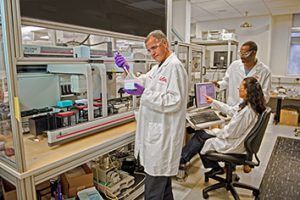Bosma backs proposal to require pseudoephedrine prescription
Bosma’s support could give the proposal its first real life in the General Assembly, which has for years eschewed prescription proposals in favor of laws that require pharmacies to track the people who purchase drugs containing pseudoephedrine, one of the ingredients that can be used to make meth.




